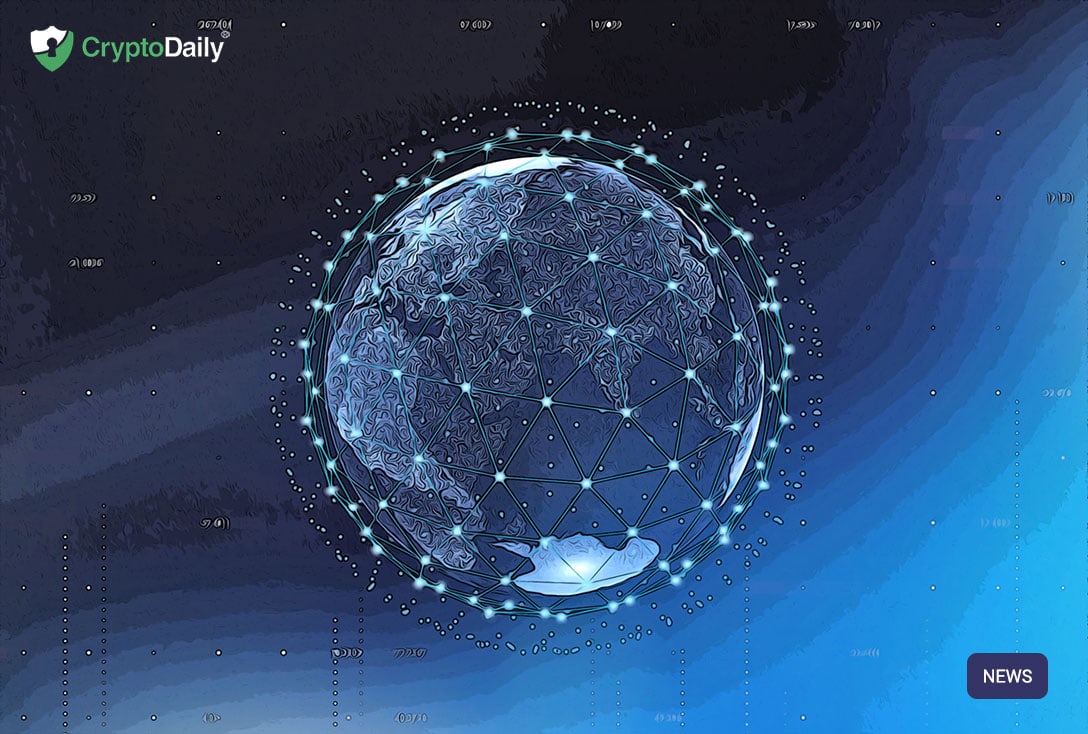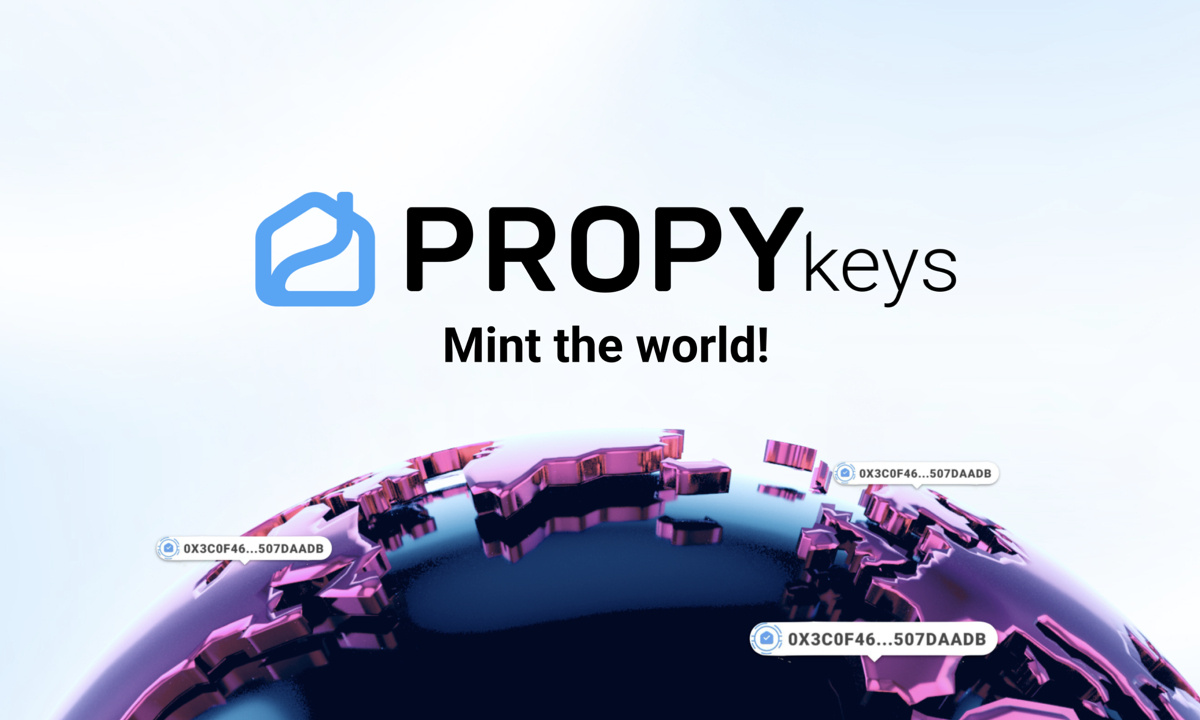Table of Contents
- Blockchain development
- Blockchain and Artificial Intelligence
- Security and Scalability
- Privacy and personalization
- Conclusion
Artificial intelligence and blockchain today are powerful engines of innovation that make fundamental changes in all aspects of society and promise the growth of the global economy.
The future has already arrived: robotic cars and polite artificial assistants appear who are able to make appointments on your behalf, conducting natural and completely meaningful communication.
Artificial intelligence is any task performed by a program or machine and requiring the presence of intellectual abilities. It develops every day and becomes a great assistive technology.
However, according to new reports from Crypto Event, AI is slowly but surely becoming one of the harders features to implement in the blockchain industry simply because of a lack of regulation. If there are no guidelines, there are no real issues that the developers can consider that might pop up in the future. Therefore, most people are waiting for the government to come up with these guidelines before starting work on their projects.
Blockchain development
Blockchain is an open distributed registry shared by agreement by all users on the network. Records, such as transactions, are stored in blocks along with hash values and timestamps. Each block is associated with the previous one, as a result of which a chain is formed. One of the critical features of the blockchain is immutability: there is practically no way to change any information without the consent of the entire network.
If we discard the current hype around cryptocurrencies, distracting from the real potential of the blockchain, the corresponding technologies can really become the basis of a new serverless Internet and a decentralized World Wide Web, in which users gain control over their data and identification information. Blockchains promise a revolution in the healthcare system - allowing everyone to control the use of their records. Moreover, there is the likelihood that more advanced alternatives will appear for almost any platform known today, including Facebook, eBay, Uber, and Airbnb.
Blockchain and Artificial Intelligence
The development and operation of the blockchain require the tuning of thousands of parameters and trade-offs between security, performance, decentralization, etc. Artificial intelligence can facilitate the adoption of appropriate decisions by automating and optimizing the operation of the blockchain for higher performance and improved control. And due to the fact that all data in the blockchain is visible to everyone, artificial intelligence will play a pivotal role in ensuring the confidentiality and privacy of users.
Security and Scalability
If the attacker does not own most of the mining resources, it is almost impossible to crack the blockchain; however, applications built on the blockchain platform, unfortunately, are not so protected. For instance, The DAO, which is one of the biggest platforms that own Ether cryptocurrency for $150 million, was the victim of the theft of $50 million.
Taking into account the rapid progress of machine learning, a blockchain running an intelligent algorithm could very well detect the fact of an attack and automatically turn on defense mechanisms. And if the damage is inevitable, artificial intelligence could at least isolate the attacked component from the rest of the blockchain platform. By managing the blockchain, it could improve scalability and increase the reliability of a distributed registry. For example, with a sharp increase in transaction volume, artificial intelligence could automatically increase the speed of creating blocks, which would increase throughout at the price of increased confirmation time.
Privacy and personalization
But while we are talking about privacy and customization, blockchain AI indeed should be regulated to avoid any future complications. If it is fallen in the wrong hands, it could pose a devastating threat to everyone using the network.
If you are afraid that the next election will be compromised, or worry about the security of your data on social networks, the blockchain is for you. In essence, it will be able to regain control of personal data. But you have to pay for it. In traditional centralized systems like Facebook, Netflix, and YouTube, the collected user information is analyzed to personalize the content. It is precise because of this when logging into Facebook, you see posts from friends you communicate with more often, or when you open Netflix, you see movies that suit your taste.
Artificial intelligence can come to the rescue - with a new content selection model. A decentralized content provider, such as a blockchain-based social network, could use artificial intelligence to personalize the delivery on the user's side. The machine learning system is executed on the user's device, analyzing information about the sites he has viewed. In this case, the relevant content will be downloaded by the user device itself, and not imposed by the server. In this case, all calculations will be performed locally - personal data will not leave the user's device. Moreover, it is possible to reorganize the user's content preferences in order to prevent providers from profiling content. Thus, such a model simultaneously provides both privacy and personalization.
Conclusion
While AI and blockchain technology have both changed the way of life, it is essential to emphasize the importance of regulation. When we are dealing with cryptos blockchain is a thing of utmost importance and having it regulated is vital for decent operation.
Investment Disclaimer








